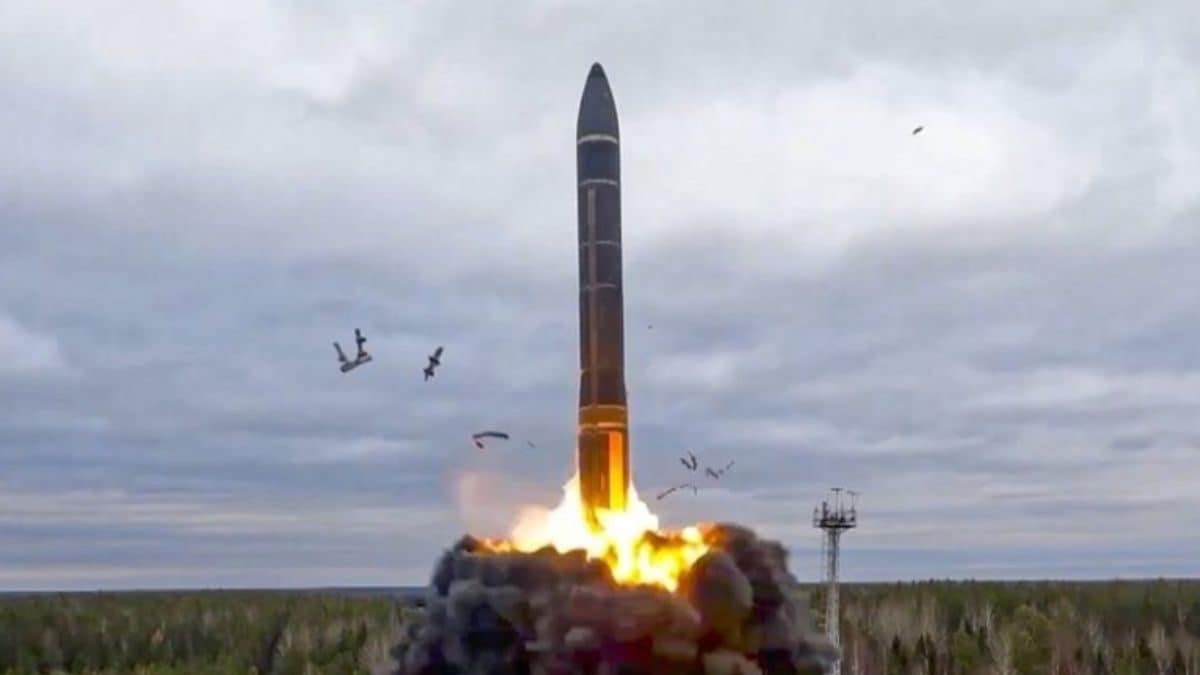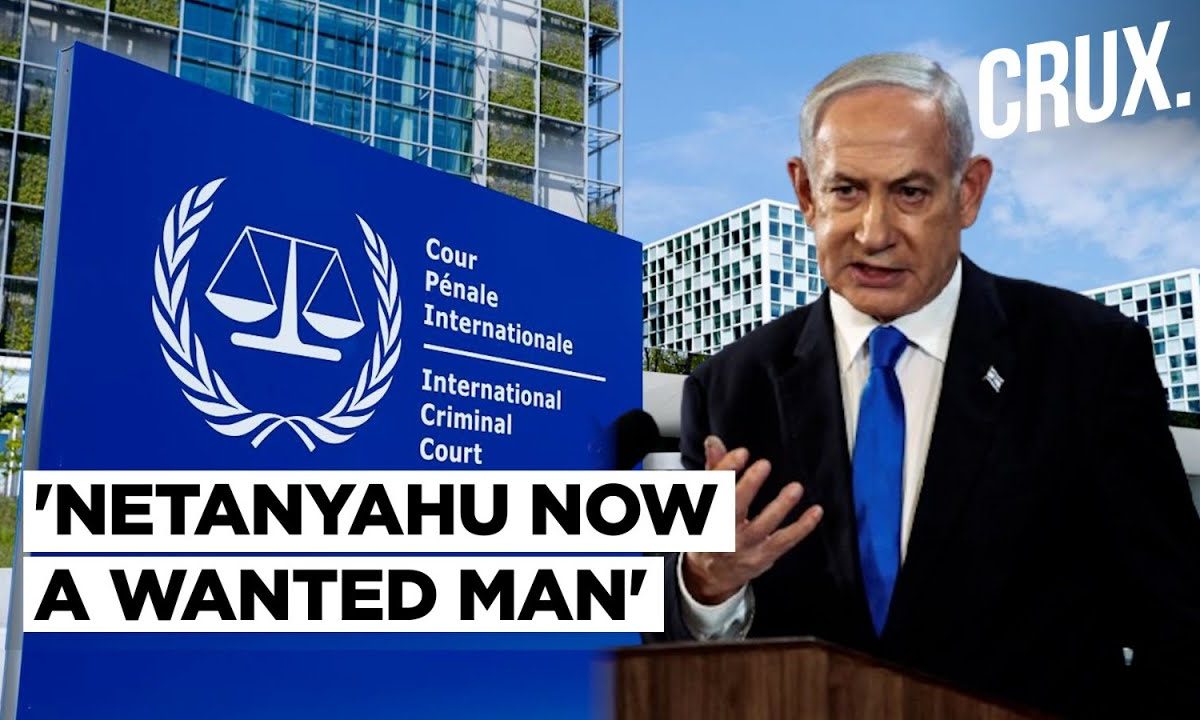Israel said it had launched a "limited" ground incursion into Lebanon on Tuesday. In response, Hezbollah said that it had used new Fadi 4 missiles to attack the Tel Aviv headquarters of Israel's Mossad intelligence agency.

Image shows Israeli army vehicles deployed along the border with Lebanon on October 1. (AFP photo)
After a week of intense air strikes, the Israeli army on Tuesday said it has launched a ground offensive in Lebanon as it stepped up efforts to target Hezbollah strongholds. In response, Hezbollah claimed that it had launched missiles into Israel, targeting military positions and the headquarters of Israel's Mossad intelligence agency near Tel Aviv.
The Israeli army said that its commando and paratroop units had launched raids into Lebanon as part of a "limited" ground incursion. Israeli authorities stressed that the raids were limited in scope, with no direct confrontations with Hezbollah fighters.
Israel’s ground offensive comes just days after it targeted Hezbollah headquarters in Beirut, killing the group chief Hassan Nasrallah.
Israeli military spokesperson Rear Admiral Daniel Hagari claimed that Hezbollah has transformed Lebanese villages near the border into military bases, posing a significant threat to Israel.
Meanwhile, Iran-backed Hezbollah, which has been attacking Israel after it launched military operations in Gaza following an October 7 attack by Hamas, has also responded to the escalation of the conflict by Israel.
Hezbollah said that it had used new Fadi 4 missiles to attack the Tel Aviv headquarters of Israel's Mossad intelligence agency and the Glilot military base.
The Israeli ambulance service reported two injuries from the missile barrage, and part of a missile caused a traffic disruption near Kfar Qasim, a town east of Tel Aviv.
In southern Lebanon, civilians have been fleeing as Israeli airstrikes inch closer to residential areas. Over 600 residents from Ain Ebl, a Christian village, sought refuge in a monastery after receiving evacuation warnings from Israeli forces, as per a report by Reuters. The residents were awaiting safe passage to Beirut.
Lebanon's caretaker Prime Minister Najib Mikati warned of the escalating danger to the country, as ongoing violence displaced over a million Lebanese people and killed more than 1,100.
The broader conflict, which has drawn in Iran-backed allies like Yemen's Houthis and armed groups in Iraq, threatens to escalate tensions across the region. Yemen’s Houthis claimed responsibility for drone attacks targeting Israeli military posts in Tel Aviv and Eilat. Additionally, Israel targeted Mounir Maqdah, a key figure in Lebanon’s Palestinian Fatah movement, marking a notable shift in the conflict's scope.
With the war between Israel and Hamas continuing in Gaza, and the escalation in Israel-Hezbollah conflict in Lebanon, there are growing fears that the conflict may engulf the entire Middle East, further destabilising the region.
Published On:
Oct 1, 2024
Tune In

 1 month ago
1 month ago














